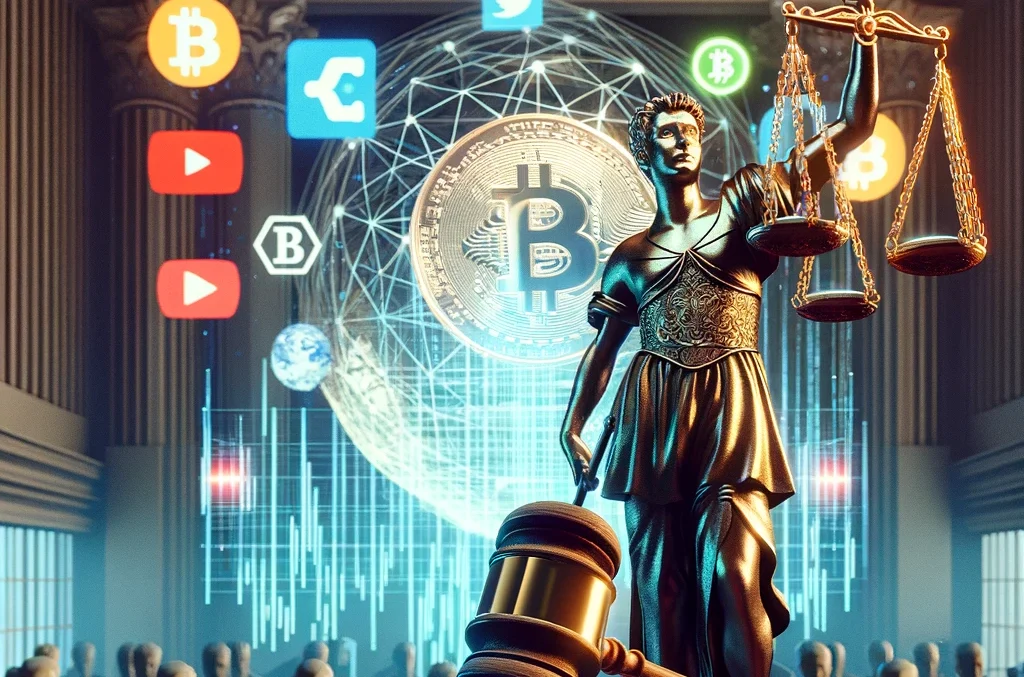Steve Wozniak, co-founder of Apple, has secured a notable win in his lawsuit against YouTube. The case centers on manipulated videos that falsely used Wozniak’s image to endorse a Bitcoin scam. This situation has brought to light the ongoing challenge of digital fraud and the duty of online platforms to combat such deceit.
Ruling Reversal: A Step Towards Accountability
A San Jose appeals court has recently made a pivotal decision. It reversed a prior judgment that had absolved YouTube of any liability. The controversy involved a video that misused Wozniak’s fame to trick people into a Bitcoin scam. This ruling challenges the previous reliance on a specific communications statute. It suggests that platforms like YouTube could indeed be responsible for fraudulent content exploiting manipulated images or videos.
A Potential Shift in Legal Responsibility
This ruling is not just a victory for Steve Wozniak but also a potential game-changer for video streaming platforms’ liability. The lawsuit, initiated by Wozniak and 17 other public figures in 2020, focuses on the use of doctored videos. These videos falsely promised a Bitcoin giveaway to lure viewers into sending Bitcoin, promising double returns.
The appeals court made a critical observation. It pointed out YouTube’s role in verifying channels that were subsequently hacked to push scams. This action, or lack thereof, significantly contributed to the fraud. The court criticized YouTube for not removing verification badges from channels once they began to post scam content. Moreover, it noted that YouTube had even awarded a verification badge to one channel amid the scam.
The Demand for Greater Oversight
The court’s decision stresses the need for platforms like YouTube to actively oversee the content on their sites. Joe Cotchett, Wozniak’s attorney, highlighted this point. He stated the verdict sends a clear message that social media platforms must be responsible for their actions. They cannot rely solely on Section 230 of the Communications Decency Act as a defense.
This landmark case might influence future legal standards regarding the accountability of online platforms for hosted content. As the digital world evolves, this ruling emphasizes the critical need for such platforms to ensure a safe and reliable environment for users.
Also, you can freely share your thoughts and comments about the topic in the comment section. Additionally, don’t forget to follow us on our Telegram ,YouTube and Twitter channels for the latest news and updates.


